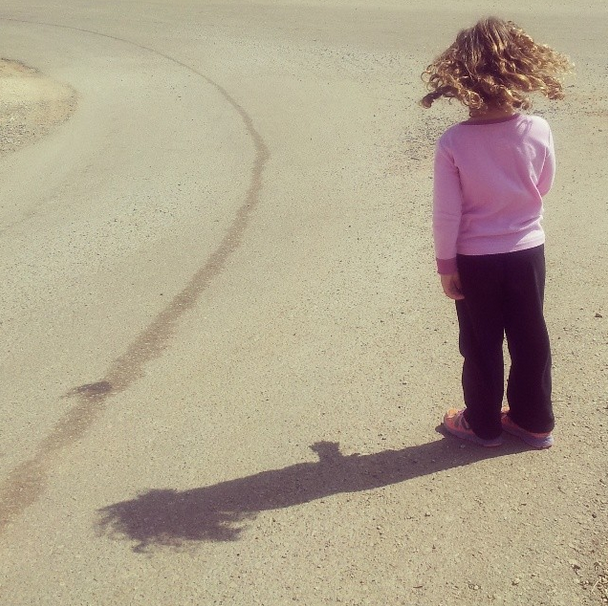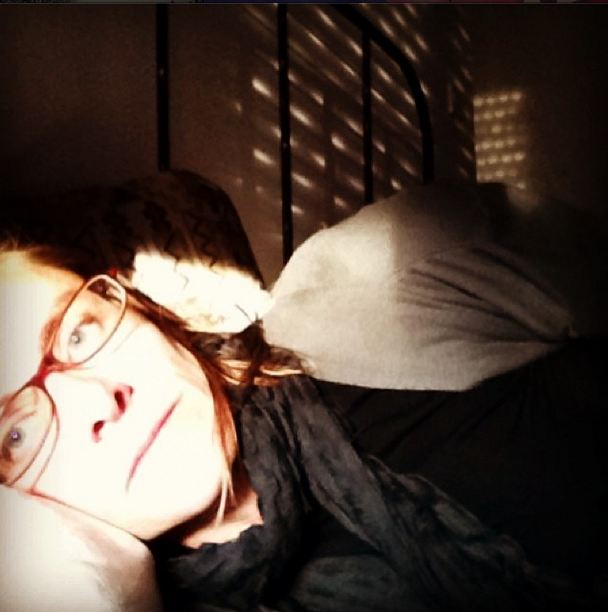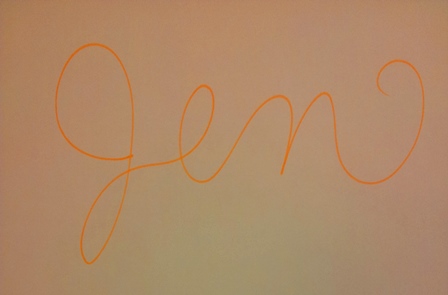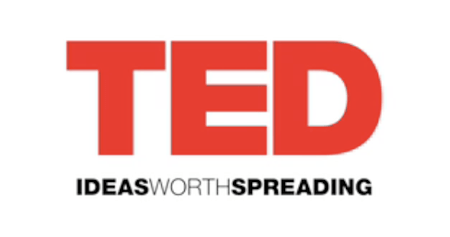I hardly blog about parenting anymore.
It’s not because I don’t have opinions to share or thoughts to express. It’s that I finally arrived at a place where I understand that most of what I say or think about parenting is either obvious or worthless.
Obvious to the older or more veteran demographic who, at best, might compassionately respond to what I write with a nod, “Oh yes, I remember that time of life.”
Worthless to the younger or less experienced demographic who, at best, can’t possibly imagine ever being in my situation, so focused they are on the stage of life, couplehood or parenting they are in right now.
I suppose, too, when it comes to parenting, I find my voice so boring I can’t even stand to read what I write.
This is when you should stop writing about a topic.
At least, this is when I should.
So I did. For a while.
Instead, I expressed my Parent Self through photographs and filters; as I tried to filter through what it meant that I no longer wanted to express myself as a parent.

I think I figured it out.
I stopped caring so much.
Which is unimaginable to me considering how much I used to
CARE.
How all-consumed I was as a mother.
How all-consuming my children were.
(“Yes, you were,” say my Greek chorus of family and friends in unison from the shadows of my not-so-distant past.)
But I got tired of caring.
Literally. Physically.
Tired.
Wiped out. Sucked dry. Milk gone.
From my breasts. From my galaxy.
There I was (there I am)
a heap of flesh, in desperate need of my own nourishment.
In need of someone like me to care so much about my needs, my safety, my future.
To hang my art on the refrigerator door.
To give me a Time Out.
To tie my hair back in a long, silky ribbon
and kiss me softly, with no expectations, in that region of my neck below the ear.
* * *
I just finished reading Sisterland by Curtis Sittenfeld, an author whose work I always love, always connect to. In the book, the main character is a mother of two very young children. She, like I was when my kids were infants and toddlers, is all-consumed by her role as mother. She wants to be not just a good mother, not only the best mother, but a mother IN CONTROL.
Because life, and more specifically parenting, is too overwhelming otherwise. At least for those of us like Kate (the main character) whose lives are precariously balanced between intuition and anxious uncertainty. At least for those of us who believe our children are a reflection of our commitment to parenting them.
On the one hand, I related very much to this character. I used to be her, to the smallest, organic, breastfeeding detail. On the other hand, I found her annoying and shrill. It’s clear the author does, too. In fact, she references just how shrill Kate is and sounds on more than one occasion. It’s clear, too, Sittenfeld is on the otherside of “all-consuming motherhood.” She is, in a way, mocking Kate. Lovingly so.
It was in the reading of the book that I fully understood (and admitted to myself) how I feel a tiny bit embarrassed by her. Not by Kate, but my Me. The former Me. The one who cared too much.
And how I feel a tiny bit ashamed of Her. Not the Her I used to be. Me. Now. The Her who doesn’t care so much.
I don’t really want to be either of them. Her then or Me now.
I want to be somewhere else.
Someone else.
But who?
* * *
The older demographic of my readers will likely nod at this post, “Oh yes, I remember that time of life.” That in between space. That desperation for nourishment. That guilt for wanting Me back so badly. The conflict between loving these children so much I can’t stand it and wanting them to leave the house RIGHT NOW so i can write so I can read so I can nourish myself. Me Me Me.
The younger demographic of my readers will likely have already stopped reading at the first paragraph, so all-consumed and convinced they are that their choices today directly impact tomorrow. So sure they are, as I was, that tomorrow will be intact and unassailable for their children if only they pay close enough attention.
And again, I am bored by my words. Turned off even as I write them. Swearing off, once again, blogging about parenting.
But I won’t forsake my Greek Chorus their collective voice. Their somewhat smug, somewhat compassionate nods.
I won’t assume that I am the only mother in that in between space.
I’ll leave a trail of pebbles so that you may find your way to me and tell me I’m not alone.
Tell me you remember that time.
Tell me you are in it right now.
Tell me you too are tired.
Tell me my children will forgive me my selfishness.
Tell me I will fill up again.
Tell me I will be more than this.
Tell me.
I give up knowing it all.
I give it up.











